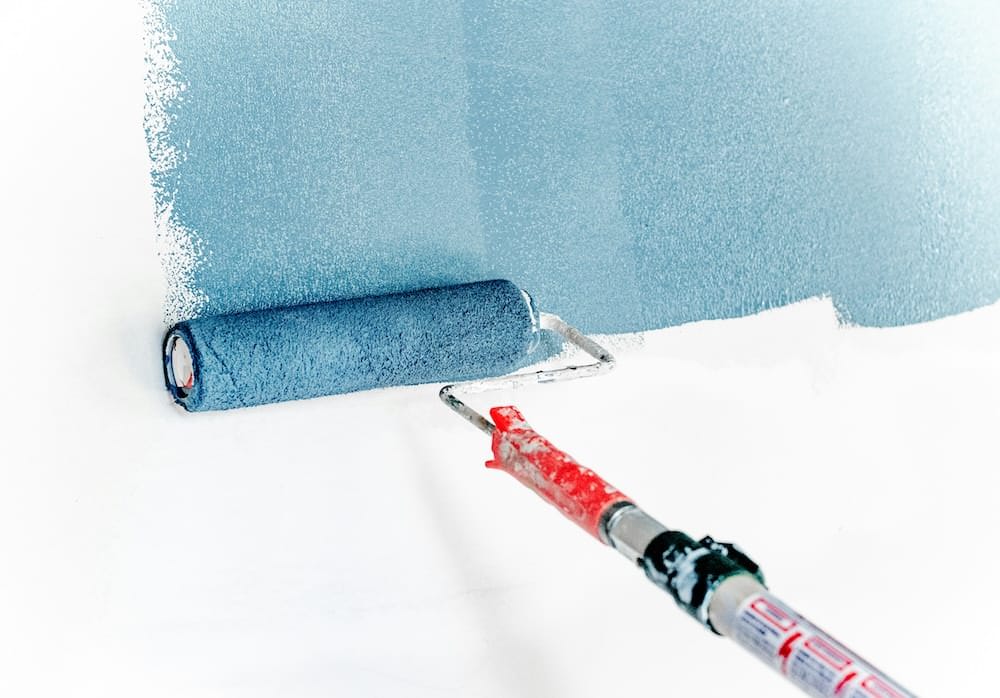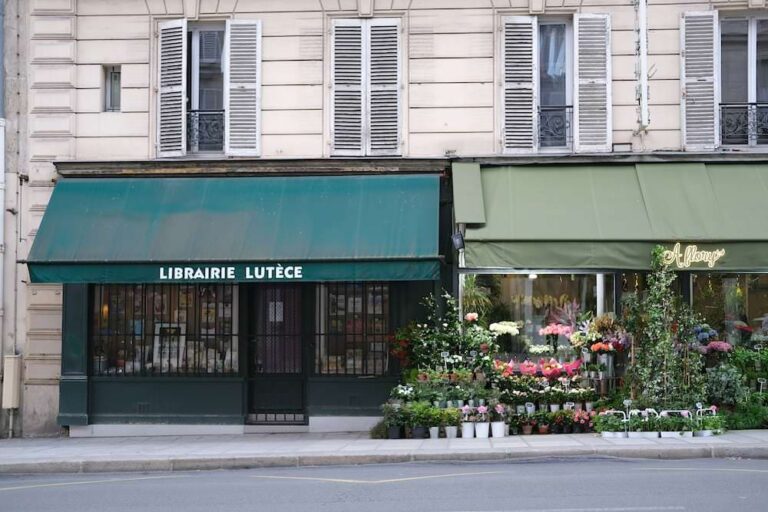pourquoi faire ?
The phrase pourquoi faire is a common expression in French that translates literally to “why do” or “why make,” but its actual meaning depends on context. It is usually used to ask about the purpose of something, and it often carries a tone of skepticism or doubt. In some contexts, it can sound rhetorical or even dismissive.
Core meaning
Pourquoi faire is most often used to ask “what for?” or “what’s the point?” It typically questions the usefulness or necessity of an action. The tone can vary depending on how it is said, ranging from neutral curiosity to irony or challenge.
Examples:
- Tu veux acheter un deuxième congélateur ? Pourquoi faire ?
You want to buy a second freezer? What for? - Il veut changer de travail, mais pourquoi faire ? Il a déjà un bon poste.
He wants to change jobs, but what for? He already has a good position. - Pourquoi faire tout ça si personne ne va l’utiliser ?
What’s the point of doing all this if no one is going to use it?
With an infinitive following
Sometimes, pourquoi faire is followed by an infinitive verb. In this case, it means “why do something,” again with a focus on the purpose behind the action.
Examples:
- Pourquoi faire appel à une agence ?
Why hire an agency? - Pourquoi faire autant d’efforts pour si peu de résultats ?
Why make so much effort for so little result? - Pourquoi faire semblant d’être surpris ?
Why pretend to be surprised? - Pourquoi faire compliqué quand on peut faire simple ?
Why make things complicated when they can be simple?
As a short standalone response
Pourquoi faire is sometimes used on its own as a reaction to a suggestion, implying that the action is unnecessary or absurd. In these cases, it can sound dismissive or ironic.
Examples:
- On pourrait repeindre la cuisine.
Pourquoi faire ? Elle est encore très bien.
We could repaint the kitchen.
What for? It still looks fine. - Je vais lui écrire une lettre.
Pourquoi faire ? Il ne répond jamais.
I’m going to write him a letter.
What’s the point? He never replies.
Difference from “pourquoi”
While pourquoi alone simply means “why,” pourquoi faire narrows the question to the purpose or goal of an action. It focuses less on the reason behind a situation and more on the justification for doing something.
Comparison:
- Pourquoi est-il en retard ?
Why is he late?
(Asks for the reason.) - Pourquoi faire ça maintenant ?
Why do that now?
(Asks for the purpose or point.)
Variations in tone
Depending on intonation, pourquoi faire can sound curious, doubtful, mocking, or even mildly confrontational.
Neutral curiosity:
- Tu veux apprendre le japonais ? Pourquoi faire ?
You want to learn Japanese? What for?
Skepticism or irony:
- Pourquoi faire confiance à quelqu’un comme lui ?
Why trust someone like him?
Dismissal:
- Il veut proposer une autre solution ? Pourquoi faire ?
He wants to suggest another solution? What’s the point?






